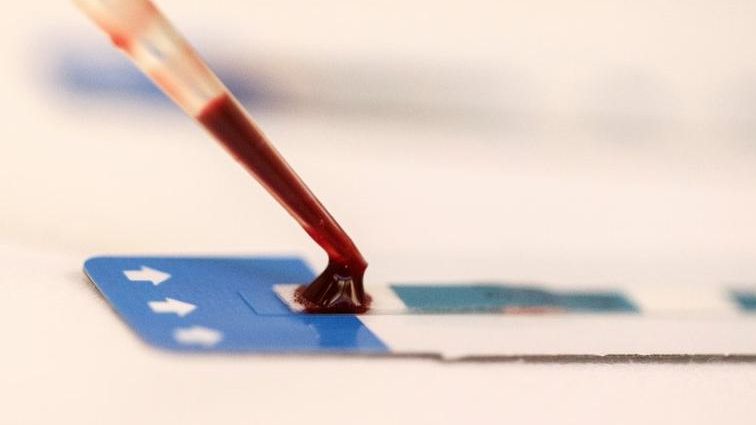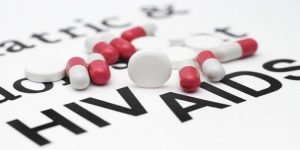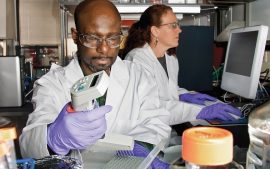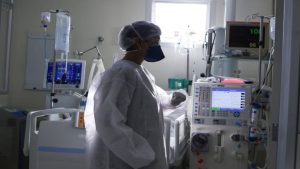Clinical trials examining broadly neutralising antibodies could hold critical information to protect high-risk communities from HIV. The trials are currently under way in Durban at the Centre for the Aids Programme of Research in South Africa (CAPRISA).
According to the World Health Organisation (WHO), over 38 million people worldwide were infected with HIV by 2021. Sub-Saharan African women bore the brunt of this.
The latest data from the WHO notes that last year, over 7.5 million South Africans were living with HIV. In fact, one in every 5 people living with the disease globally, lives in South Africa.
Scientists say while the fight to eradicate HIV by 2030 is continuing with vigour post the Covid-19 pandemic, the battle is far from over.
“The high rate of new infections, particularly in gay men, young gay men, black bag men and injecting drug users, particularly in eastern Europe and Russia. It still has large numbers of new infections and we need to get the number of new infections in Africa down to a lower level,” says CAPRISA’s Professor Salim Abdool Karim.
Scientific efforts in the last two years globally, shifted, as countries buckled down to fight Covid-19.
Now, Aids researchers are regrouping, getting back to critical clinical trials not only in HIV preventative methods but ultimately for the silver bullet – an Aids vaccine.
Researchers at CAPRISA are hard at work looking at the potential of broadly neutralising antibodies. An antibody that is able to neutralise a wide variety of HIV strains.
“There are rare individuals who make a very special kind of antibody. An antibody that is able to kill a wide range of HIV. We call that broadly neutralising. Because they can kill a wide range of HIV, they have enormous potential to be effective in preventing HIV and also as part of curing HIV,” adds Prof Karim.
Animal testing
Karim says while it is still early days, the initial signs look promising. “The studies that were done where monkeys were randomly injected with our antibodies we found that all of the monkeys that got the placebo became infected but none of the two monkeys that received our antibodies got infected. So the antibody works in monkeys, now we have to establish does it also work in humans?”
Young women in sub-Saharan Africa continue to bear the brunt of the disease, suffering exposure from men up to 10 years their senior. Efforts are ongoing by scientists to equip these young future leaders with interventions to protect themselves.





